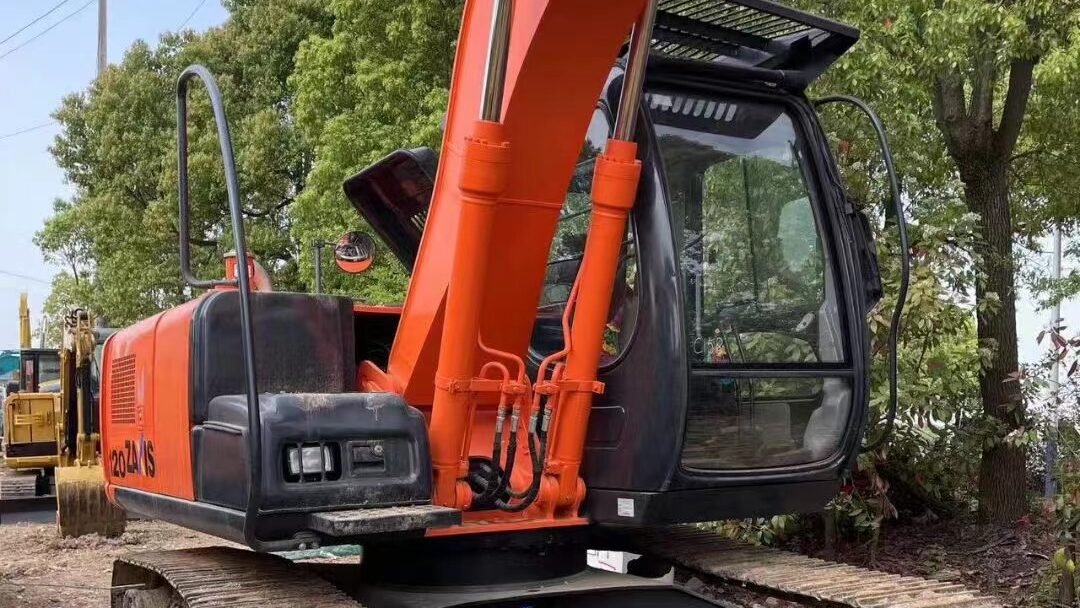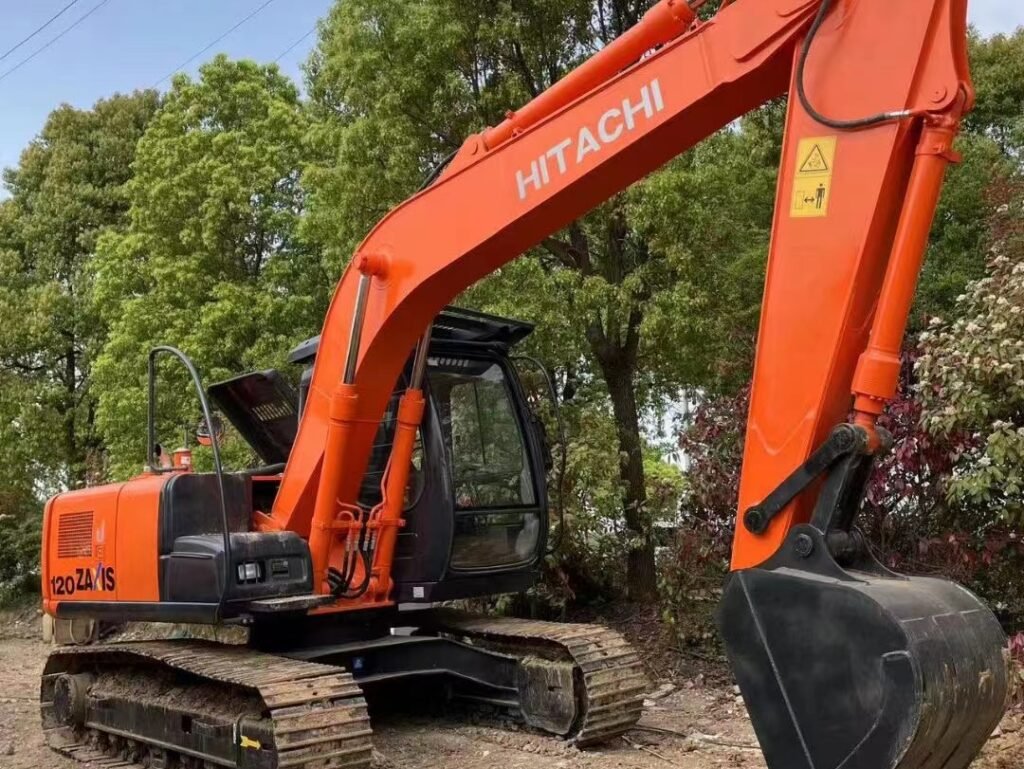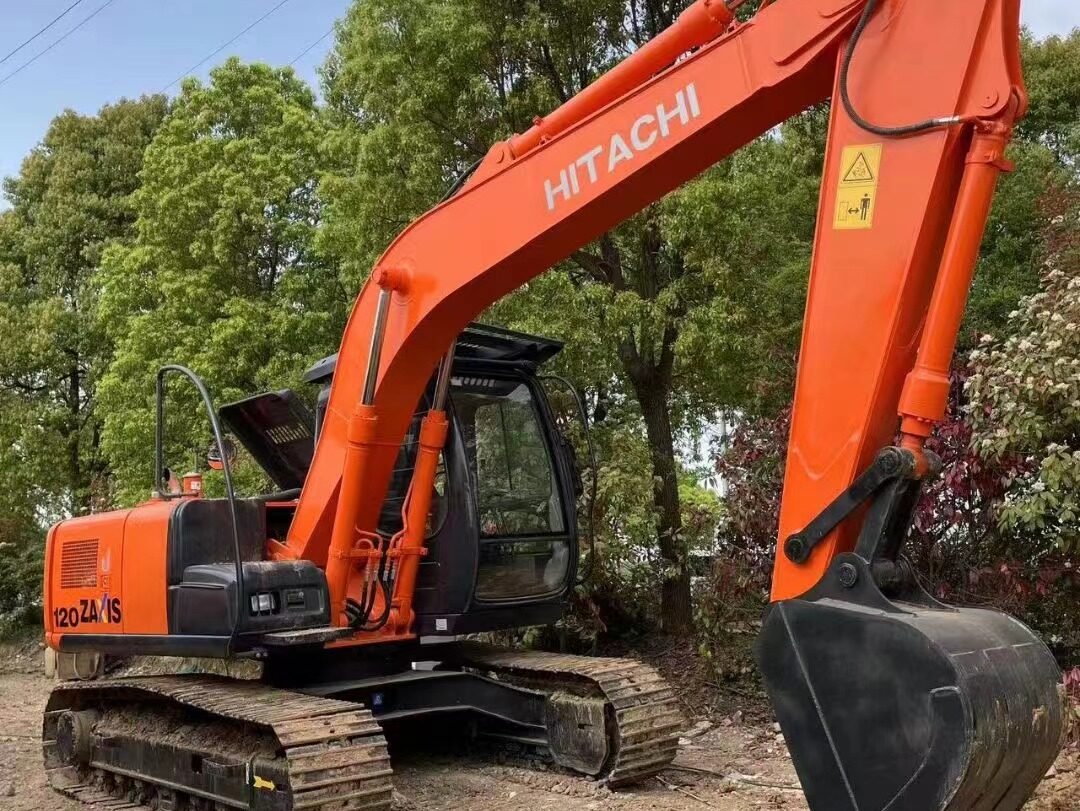I. Introduction
A. Growing Demand for Used Excavators
- With the rapid development of the construction industry, used excavators have become increasingly popular due to their lower purchase costs and immediate availability. Customers aim to reduce initial investments while quickly meeting project demands.
B. Awareness of Potential Issues
- However, when purchasing a used excavator, customers may face various problems, such as poor equipment performance, hidden costs, and unreliable suppliers. Understanding these potential issues and taking preventive measures is crucial for a successful purchase.
II. Key Questions and Solutions
A. Equipment Condition
- How to Assess the Actual Condition of a Used Excavator?
- Customers should thoroughly inspect various parts of the equipment, including the engine, hydraulic system, tracks, and bucket. Consulting a professional for evaluation can help determine the machine’s age, wear level, and any potential faults.
- How to Obtain Maintenance Records for the Equipment?
- Maintenance records provide historical information about the equipment’s upkeep, including parts replacements and repairs. Customers should request complete maintenance records from suppliers to evaluate the maintenance status of the equipment.
B. Supplier Selection
- How to Choose a Reliable Used Equipment Supplier?
- Selecting a reputable supplier is key. Customers can assess credibility by checking online reviews, asking for industry recommendations, or verifying the supplier’s business license and certifications.
- Is Face-to-Face Communication with the Supplier Necessary?
- Face-to-face communication can help customers better understand the supplier’s professionalism and integrity. Direct interaction allows customers to ask specific questions and observe the supplier’s responses and attitude.

C. Equipment Trial
- Should the Equipment Be Trialed?
- Trialing the equipment is an important step in understanding its performance. Customers can directly experience the machine’s comfort, responsiveness, and efficiency, leading to more informed purchasing decisions.
- What Details Should Be Noticed During the Trial?
- Customers should pay attention to indicators such as noise, vibration, and operational smoothness. Additionally, checking the equipment’s performance under various conditions ensures it meets specific project requirements.
D. Contracts and Warranties
- What Contract Terms Should Be Noticed When Purchasing?
- Customers should carefully review contract terms to ensure they include key information such as price, payment methods, delivery timeline, and equipment condition declarations. The contract should clearly outline the rights and obligations of both parties to protect the buyer’s interests.
- Is the Warranty Policy Important?
- Evaluating the warranty policy’s reasonableness and effectiveness is crucial. Customers should understand the coverage scope, duration, and how to handle warranty claims to ensure timely support if issues arise with the equipment.
E. Additional Costs
- What Hidden Costs Might Be Incurred When Buying a Used Excavator?
- Customers should consider hidden costs, including transportation fees, taxes, registration fees, and potential maintenance costs. Understanding these costs can help avoid budget overruns.
- How to Budget for Potential Additional Expenses?
- When budgeting, customers should account for all possible costs, including the initial purchase price and subsequent maintenance and operating expenses. Setting aside funds for unexpected situations can effectively reduce financial risks.
III. Conclusion
A. Summary of Best Practices for Buying Used Excavators
- By following the steps outlined above, customers can effectively minimize purchasing risks. Careful attention to assessing equipment condition, selecting suppliers, trialing equipment, reviewing contracts, and budget planning will ensure the purchase of a high-quality used excavator that meets their needs.
B. Recommendations for Increasing Purchase Confidence
- Customers should take specific measures when purchasing a used excavator, such as seeking help from technical professionals, sharing experiences with other customers, and conducting thorough market research to enhance confidence and security. Through these efforts, customers can navigate the procurement of a used excavator more smoothly, ensuring the successful execution of their projects.
分享



